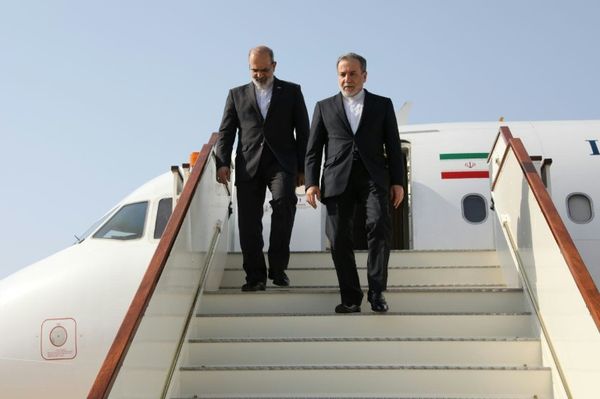Finance Minister K.N. Balagopal has hailed the Supreme Court’s decision allowing Kerala to borrow ₹13,600 crores to clear “unmet arrears and immediate obligations” despite the Central government’s strident objection as a massive relief for the State.
Mr. Balagopal said on March 6 that Kerala had sought the Centre’s permission to borrow ₹26,000 crore. The Supreme Court rejected the Centre’s objections and allowed the State to borrow ₹13,600 crore in four instalments. He said Kerala would continue its legal battle for “fiscal federalism” in the apex court, adding that the Supreme Court decision “portended well” for the State.
Moreover, Mr. Balagopal said the apex court had upheld the “inalienable and democratic right” of individuals and entities, including States, to approach the court for relief.
The Centre had pressed Kerala to drop the litigation as a precondition for negotiations. It had contended that litigation and parleying could not march in lockstep, he said.
“The Supreme Court has reaffirmed that nobody can limit the fundamental right of individuals and entities to seek legal recourse in courts of law”, he said.
Mr. Balagopal pointedly refrained from infusing politics into the Centre-State dispute. He noted that the apex court had counselled that political commentary should not imperil the ongoing Centre-State talks.
Mr. Balagopal said the court’s decision has significantly relieved the State. “It’s the February-March quarter, and we still face a fund shortage. The Supreme Court has removed a hurdle that impeded fiscal federalism”, Mr Balagopal said.
He said the fiscal crunch has not constrained the disbursal of salaries and pensions. Mr. Balagopal denied any limit on withdrawal from the State’s treasuries. However, he conceded that there was a limited delay in salary disbursal due to “a few technical glitches.”
Kerala had moved the Supreme Court in 2023 accusing the Centre of imposing a “financial embargo” on the State.
Chief Minister Pinarayi Vijayan had persuaded a broad coalition of non-Bharatiya Janata Party-ruled States to join him in a public rally in New Delhi in February to spotlight the “threat” posed by the Centre to cooperative federalism by denying States their financial rights.
The Left Democratic Front (LDF) government had also argued that the Centre’s imposition of a net borrowing ceiling (NBC) on the State’s loans violated Article 293 of the Constitution.
It had also assailed the Congress-led United Democratic Front (UDF) Opposition for not joining hands in the fight for the State’s fiscal rights.
The LDF has made the accusation a major talking point in the Lok Sabha elections campaign trial. It has also blamed the Centre for the delay in paying welfare pensions to an estimated 64 lakh beneficiaries.
The LDF has also accused the Congress of mechanically parroting the BJP’s line that the LDF was responsible for the financial crisis.
The government claimed that the State’s revenue had quadrupled, and its economic management and tax administration had drawn praise from the Niti Aayog and the Reserve Bank of India (RBI).
Moral victory: Isaac
Former Finance Minister T.M. Thomas Isaac and Communist Party of India (Marxist) candidate from the Pathanamthitta parliamentary constituency too hailed the Supreme Court decision as “a moral victory” for the LDF government.
He said the apex court’s finding that there was merit in Kerala’s struggle for fiscal federalism has dealt a body blow to the “Congress-BJP combine’s false propaganda.”







